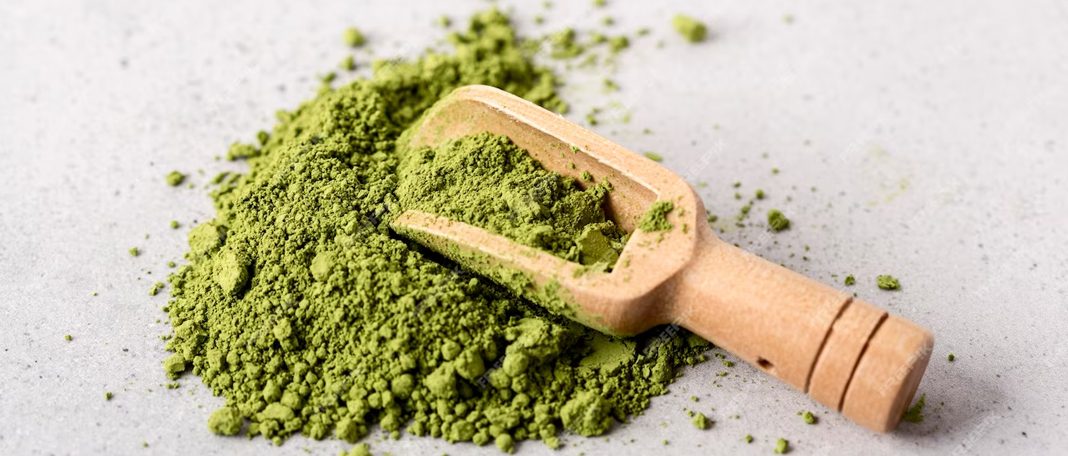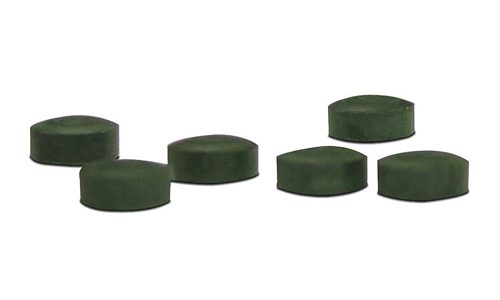In the realm of superfoods, one stands out for its incredible nutritional profile and potential health benefits: spirulina. Often referred to as a “miracle from the sea,” due to its rich nutrient content, it is also called a superfood and has been consumed for centuries because of its numerous health advantages. From its rich history and modern-day applications to its side effects, here’s everything you need to know about spirulina.
Origins and History
Spirulina has a long history of consumption, dating back to ancient civilizations such as the Aztecs, who harvested it from Lake Texcoco in Mexico. It was also consumed by the Kanembu tribe in Africa and the Chad region. Over time, it gained recognition worldwide for its remarkable nutritional properties.
Nutritional Powerhouse
A single tablespoon of spirulina powder contains significant amounts of protein, iron, calcium, potassium, magnesium, and vitamins B1, B2, and B3. Additionally, it is one of the few plant-based sources of complete protein, containing all nine essential amino acids.
Health Benefits of Spirulina
The consumption of this magic herb has been linked to a plethora of health benefits:
1. Immune Support
Known for its immune-boosting properties, and its high concentration of antioxidants like phycocyanin, it helps fight oxidative stress and inflammation.
2. Energy Boost
With its rich iron content, it can help combat fatigue and boost energy levels, making it a popular choice among athletes and those with busy lifestyles.
3. Detoxification
It aids in detoxifying the body by binding to heavy metals and toxins, promoting their elimination from the body.
4. Heart Health
Studies suggest that it may help lower bad cholesterol (LDL) levels and reduce blood pressure, thus supporting cardiovascular health.
5. Anti-inflammatory Effects
Its anti-inflammatory properties may alleviate symptoms of conditions like arthritis and allergic rhinitis.
6. Weight Management
Its high protein content can aid in weight management by promoting satiety and reducing appetite.
How to Incorporate Spirulina into Your Diet?
It has a bitter taste and is incredibly versatile, so people often mix it with various dishes and beverages like yogurts, juices, smoothies, etc. Here are some simple ways to add them to your diet:
a. Smoothies
Blend the powder with fruits, leafy greens, and your choice of liquid for a nutrient-packed healthy smoothie.
b. Baked Goods
Add spirulina powder to muffins, pancakes, or energy bars for an extra nutritional boost.
c. Salad Dressings
Mix the powder into homemade salad dressings or dips for added nutrients.
d. Soups and Sauces
Stir the powder into soups, sauces, or guacamole for a vibrant color and nutritional enhancement.
Side Effects and Adverse Effects of Spirulina
Excessive intake of spirulina can result in various adverse effects such as nausea, vomiting, diarrhea, headache, and dizziness. Furthermore, these products may contain high levels of contaminants, which can lead to severe health issues including liver damage, weakness, rapid heartbeat, shock, and even death.
They may not be suitable for certain individuals or conditions:
- Pregnant women and children.
- Individuals with autoimmune diseases
- Those planning surgery
Precautions
- Consume dietary supplements only under the guidance of a knowledgeable healthcare provider.
- It can be easily contaminated with toxic substances. Therefore, opt for reputable brands when purchasing spirulina products.
- If you’re pregnant or breastfeeding, consult your doctor before incorporating it into your diet to ensure safety for you and your baby.
- Individuals with PKU, a metabolic condition that affects phenylalanine metabolism, should steer clear of spirulina due to its high phenylalanine content.
- If you have an autoimmune condition like multiple sclerosis, rheumatoid arthritis, or lupus, it’s advisable to avoid it. There’s a theoretical risk that it could potentially exacerbate your condition by stimulating the immune system.
In a Nutshell
From its ancient origins to its modern-day applications, this “miracle from the sea” continues to captivate with its nutritional prowess. By understanding both its benefits and potential risks, we can harness the incredible potential of spirulina to enhance our well-being responsibly. So, whether you’re blending it into your morning smoothie or stirring it into your favorite recipe, be sure to speak to your healthcare provider before Incorporating it into your daily routine. Let spirulina be a source of vitality and inspiration on your journey to a healthier, happier life.






















